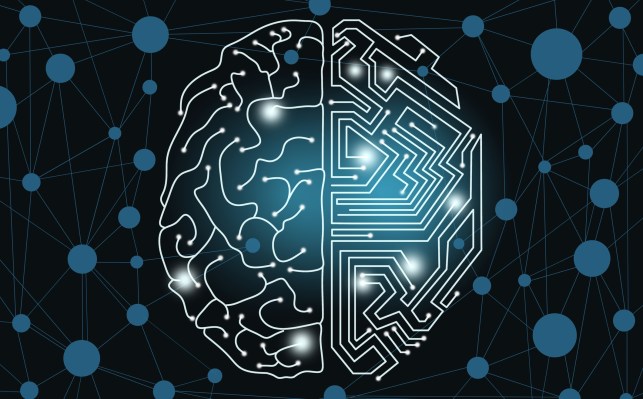Ahead of Wednesday’s AI-focused private congressional meeting with tech giants, Google this morning announced a new initiative aimed at supporting researchers and public policy solutions around AI with the debut of the Digital Futures Project. As part of the effort, Google’s charitable arm Google.org is establishing a $20 million fund that will provide grants to think tanks and academic institutions developing AI expertise.
Explains Google.org director Brigitte Hoyer Gosselink, “AI has the potential to make our lives easier and address some of society’s most complex challenges — like preventing disease, making cities work better, and predicting natural disasters. But it also raises questions about fairness, bias, misinformation, security, and the future of work.”
The tech giant says it aims to fund independent thinkers who are looking into topics like how AI will impact global security or how it can be used to enhance the security of institutions and enterprises; how AI will impact labor and how we can transition the workforce to the AI jobs of the future; how governments can use AI to boost productivity and economic growth; and what kinds of governance structure and cross-industry efforts can best promote responsible AI innovation.
The inaugural grantees of the Digital Futures Fund include the Aspen Institute, Brookings Institution, Carnegie Endowment for International Peace, the Center for a New American Security, the Center for Strategic and International Studies, the Institute for Security and Technology, Leadership Conference Education Fund, MIT Work of the Future, R Street Institute and SeedAI.
Google says that the fund will support organizations around the world, not just in the U.S., and it will have more to share on that front soon.
“Responsible AI” has been a topic of increased interest as AI advances have picked up speed. Earlier this year, four of the top players in AI, including OpenAI, Microsoft, Anthropic as well as Google, announced a new industry body, the Frontier Model Forum, with the aim of ensuring the “safe and responsible developer of AI models. President Biden also met with seven AI companies at the White House to agree to voluntary safeguards around AI. Beyond the U.S., Europe has also been taking steps toward agreeing on an AI rulebook.
Later this week, the U.S. Congress will turn its attention to AI in a closed-door meeting with all 100 senators who will hear from Elon Musk, who recently announced a new AI organization, xAI, along with Meta CEO Mark Zuckerberg, Microsoft co-founder Bill Gates, OpenAI CEO Sam Altman, Google CEO Sundar Pichai and other tech leaders, including the CEOs of IBM, Microsoft, Nvidia and Palantir.
Google, meanwhile, had published its own set of AI principles in 2018 and continues to publish AI research. However, the company had grown cautious around the development and release of AI technologies, leading to researcher departures and the opportunity for Microsoft and OpenAI to take the lead with ChatGPT and a partnership that integrated OpenAI technologies into Bing and other Microsoft products.
With a focus now on collaboration, Google today said getting AI right will take more than one company.
“We hope the Digital Futures Project and this fund will support many others across academia and civil society to advance independent research on AI that helps this transformational technology benefit everyone,” Gosselink said.
